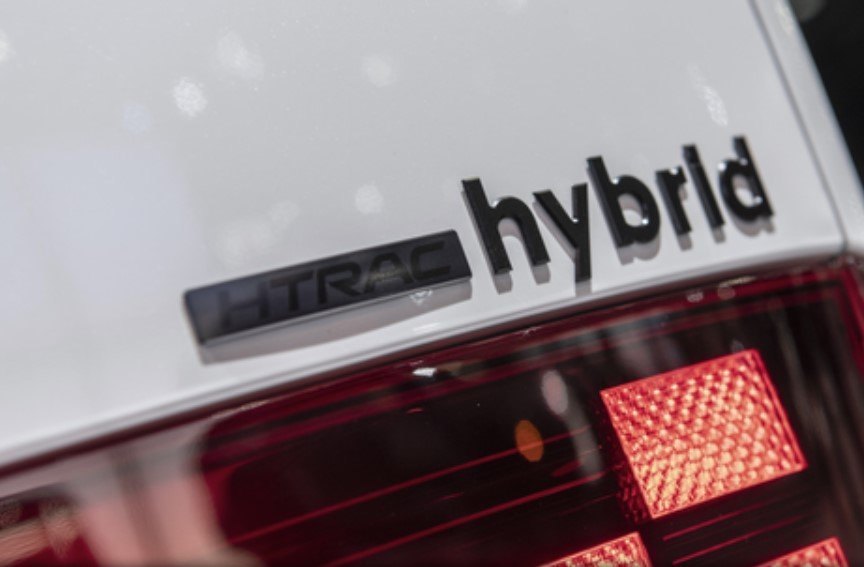New vehicle sales in November fell by 11.6% compared to last year, highlighting a shift in consumer preferences towards hybrid and plug-in hybrid models.
FCAI’s latest figures reveal a challenging market landscape for traditional vehicles, while hybrids and plug-in hybrids are steadily capturing more interest.
Steady Decline in Overall Sales
The total number of new vehicles delivered in November reached 99,091, marking a significant drop from the previous year. Tony Weber, FCAI Chief Executive, noted that the first half of 2024 showed strong growth, with an 8.7% increase compared to 2023. However, since July, there has been an 8.2% decline.
“We’re seeing some tough times in the market,” Weber said. “The private buyer segment is really feeling the pinch, with sales down 16.6% in November alone.”
This downward trend isn’t isolated. Sales have been consistently falling over the past few months:
- October: -14.2%
- September: -17.2%
- August: -15.9%
These declines reflect the broader economic pressures affecting households across the country.

Shift Towards Hybrid and Plug-In Hybrid Vehicles
Consumer preferences are clearly shifting. SUVs and Light Commercial Vehicles continue to dominate the top sales ranks, while passenger vehicles have dropped to just 13.7% of the market share.
“We’re seeing a clear preference for more versatile and efficient vehicles,” Weber added. “Hybrid and plug-in hybrid models are becoming increasingly popular.”
November Sales Breakdown
| Vehicle Type | Percentage of Sales |
|---|---|
| Hybrid | 10.5% |
| Plug-In Hybrid | 6.4% |
| Electric Vehicles | 3.0% |
| Traditional Vehicles | 80.1% |
Hybrid and plug-in hybrid vehicles together accounted for 16.9% of sales in November, up from 9.9% the previous year. Electric vehicles, however, saw another disappointing month, continuing to lag behind their hybrid counterparts.
Market Leaders and Top Sellers
Toyota remains the dominant player in the Australian market, leading with 20,562 sales in November. Ford follows with 8,720, while Mazda, Kia, and Mitsubishi round out the top five.
The Toyota RAV4 was the best-selling vehicle, boasting 5,526 units sold. It was closely followed by the Ford Ranger and Toyota’s own Prado and HiLux models.
“Toyota’s strong lineup continues to perform well,” Weber noted. “Their focus on reliability and versatility resonates with buyers.”
Regional Sales Performance
Sales declines were felt across all states and territories, with the Northern Territory experiencing the steepest drop at 21.1%. Other regions also saw significant decreases:
- Australian Capital Territory: -18.1%
- New South Wales: -12.2%
- Queensland: -12.1%
- South Australia: -9.5%
- Tasmania: -18.8%
- Victoria: -9.8%
- Western Australia: -12.2%
These regional declines underscore the widespread impact of economic factors on vehicle purchasing decisions.
Future Outlook and Industry Response
The automotive industry is responding to these trends by increasing the range of affordable, low-emission vehicles. Car manufacturers are introducing new hybrids and plug-in hybrids to meet both consumer demand and regulatory requirements.
“We’re committed to offering more options that align with consumer preferences and environmental standards,” Weber stated. “Building out the recharging infrastructure is also a priority to boost consumer confidence in transitioning to low-emission vehicles.”
Key Initiatives by FCAI
- Expanding hybrid and plug-in hybrid vehicle offerings
- Collaborating with governments on infrastructure projects
- Developing more affordable low-emission models
These efforts aim to balance market demands with sustainability goals, positioning FCAI to navigate the evolving automotive landscape effectively.
